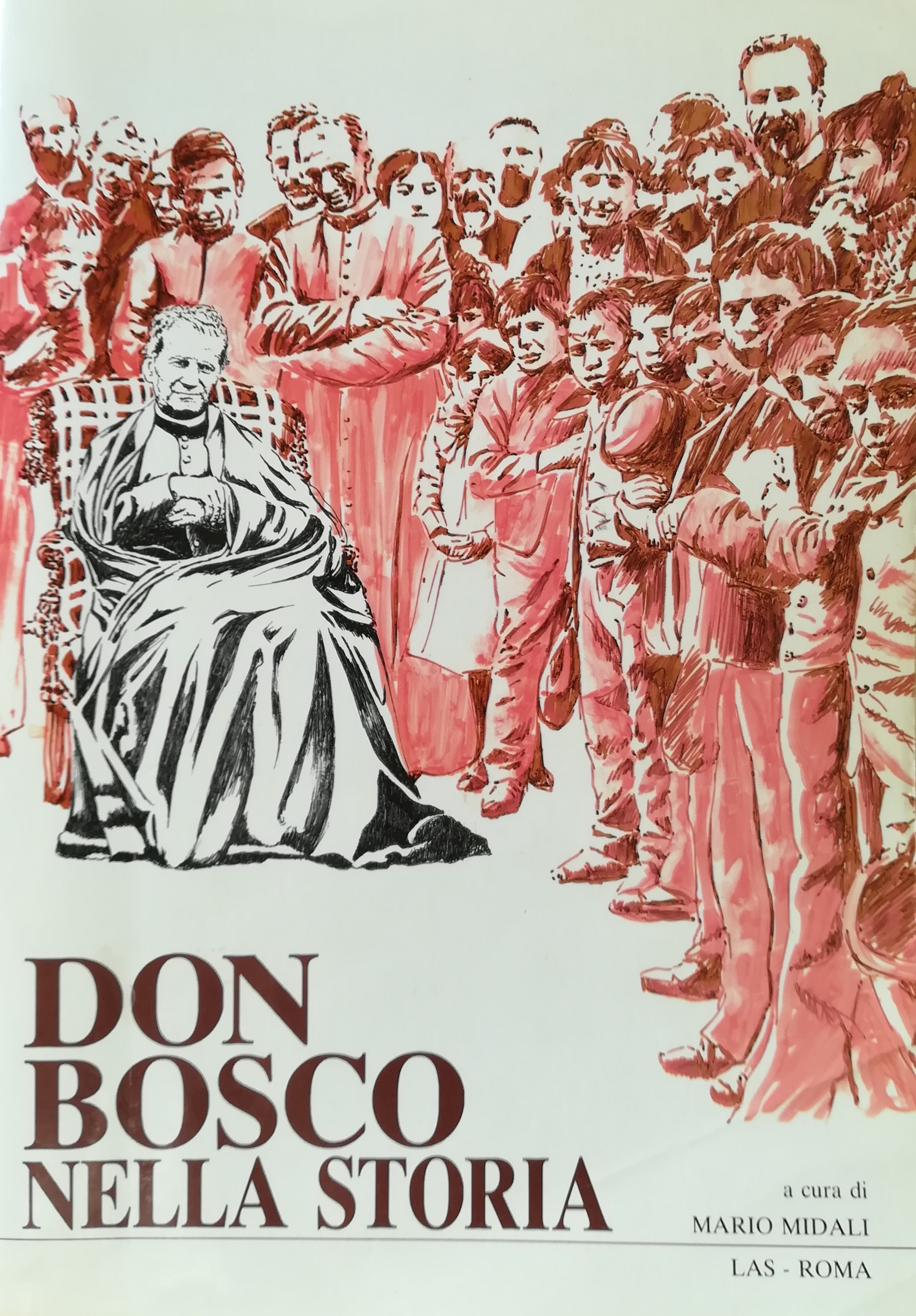Summary:
- 1. Salesian study of Don Bosco’s system of education up to the end of the second world war
- 2. From philological and literary research to an overall reinterpretation
- 3. Recent studies and perceptions amongst non-Salesians
Reference time period: 1886 – 1988
P. Stella, An Assessment of our Knowledge of Don Bosco and of the Works about Him, in Don Bosco’s place in history. Acts of the 1st International Congress of Don Bosco Studies (Salesian Pontifical University, Rome 16-20 January 1989), edited by P. Egan – M. Midali, Roma, LAS, 1993 (Studi storici, 14), 21-37.
